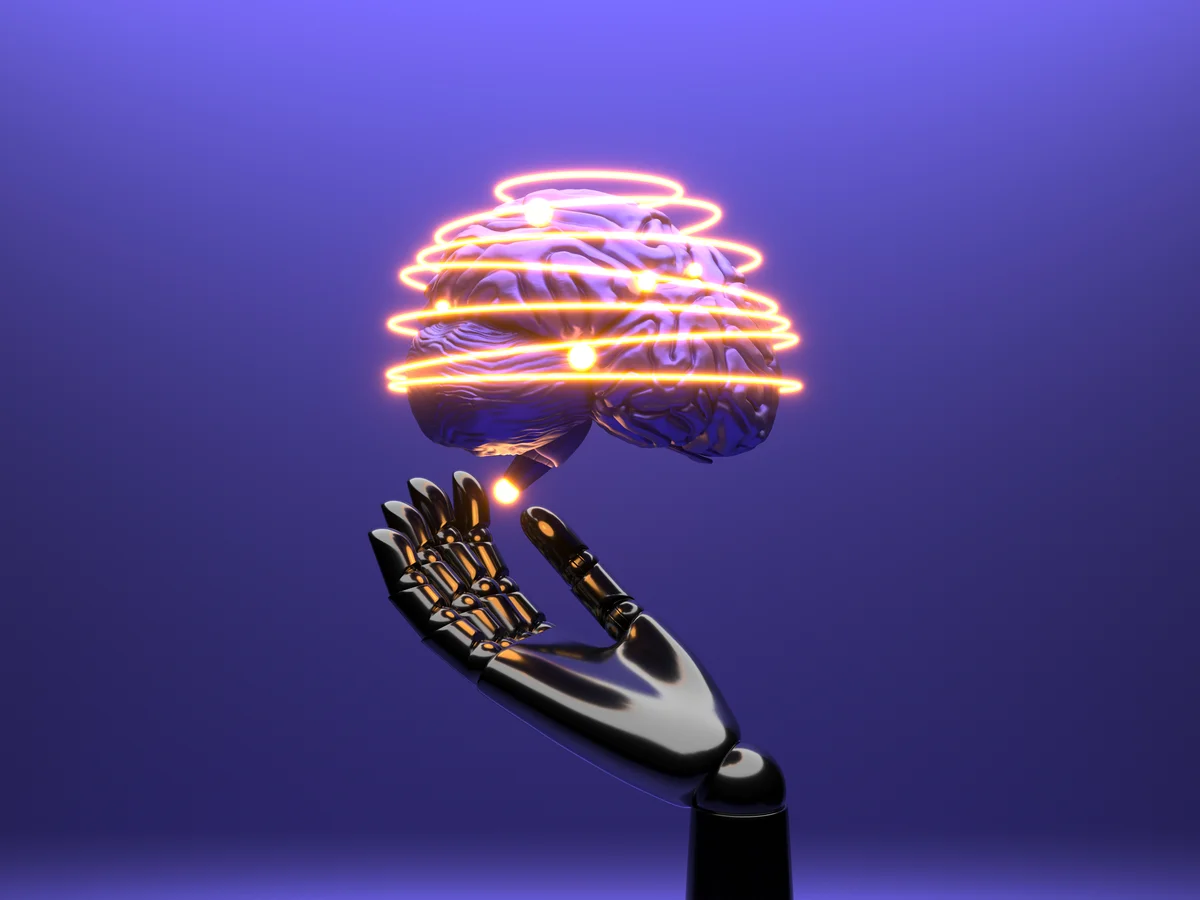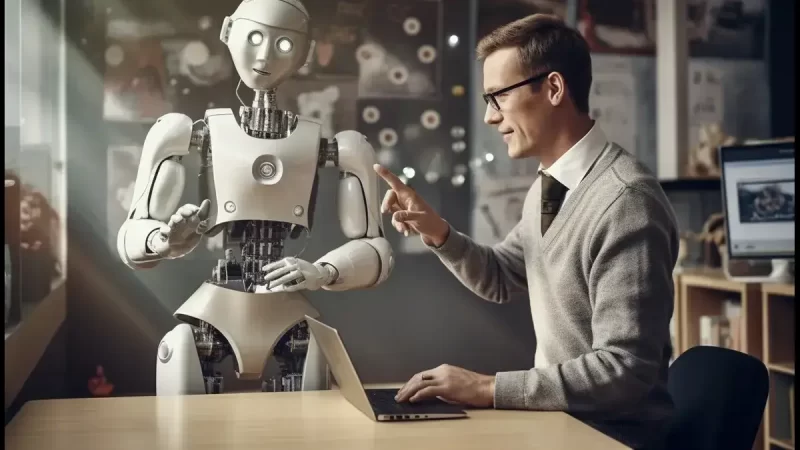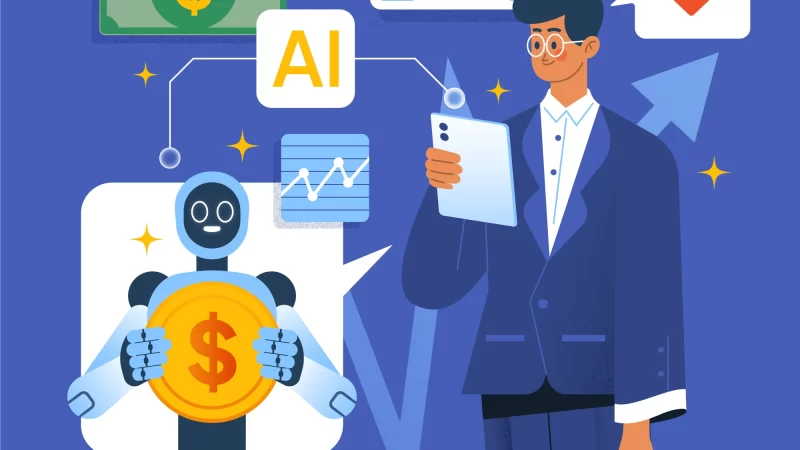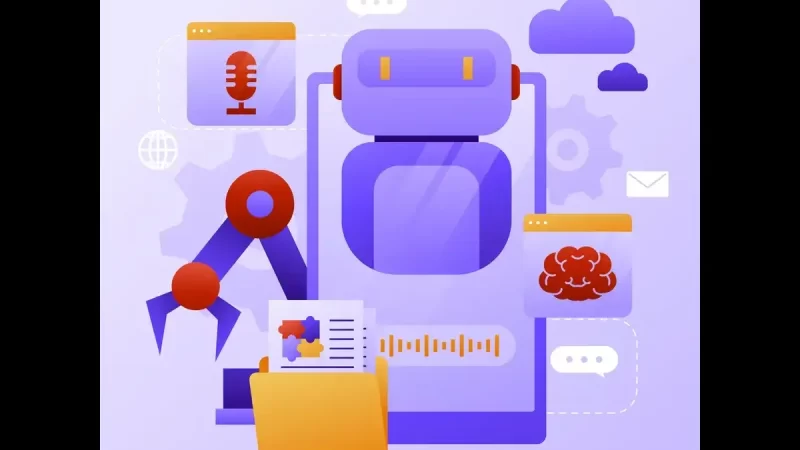Creative Professionals React: Screenwriters, Authors, and Journalists Address the AI Threat

In the rapidly evolving landscape of technology, artificial intelligence (AI) has emerged as both a boon and a potential threat to various industries. Among the creative professionals, screenwriters, authors, and journalists find themselves at a unique crossroads where the application of AI in content creation sparks both curiosity and concern. In this article, we delve into how these creative minds react to the AI threat and its implications on their respective fields.
The Promise of AI in Creative Work
AI’s potential in the creative domain cannot be denied. For screenwriters, AI-driven tools offer the ability to generate plotlines, character arcs, and even dialogue suggestions based on vast datasets of successful films and TV shows. Authors can utilize AI for content generation, idea exploration, and even language enhancement to fine-tune their writing styles. Journalists, too, benefit from AI’s data analysis capabilities, enabling them to process vast amounts of information and uncover trends, leading to more insightful reporting.
Embracing AI as an Ally
While some creative professionals may be apprehensive about the rise of AI, others see it as a valuable ally rather than a threat. They view AI tools as a means to augment their creativity, streamline mundane tasks, and explore uncharted territories in storytelling. Embracing AI can free up their time to focus on the aspects that require human ingenuity, such as crafting unique narratives, experimenting with new genres, and delving into complex emotions that resonate with audiences.
Protecting Artistic Authenticity
One of the primary concerns shared among creative professionals is the potential loss of artistic authenticity when relying heavily on AI-generated content. Screenwriters fear that generic plotlines and clichéd character archetypes might dominate the industry, stifling originality and creative vision. Authors worry that AI-generated novels could lack the depth and emotional connection that only human imagination can provide. Journalists are concerned about maintaining their integrity and journalistic ethics when AI algorithms can cherry-pick information and narratives to fit certain agendas.
Preserving the Human Touch
The hallmark of creative work lies in its ability to connect with people on a profound level, evoking emotions and sparking discussions. Many screenwriters, authors, and journalists emphasize the importance of preserving the human touch in their work. They argue that human experiences, emotions, and empathy are irreplaceable assets that AI cannot replicate. It is the nuance of a screenwriter’s storytelling, the author’s distinct voice, and the journalist’s investigative passion that truly resonate with audiences.
Ethical Considerations and Responsibility
Addressing the AI threat also involves contemplating the ethical implications of AI in creative fields. Screenwriters, authors, and journalists have a responsibility to ensure that AI-generated content is not used to manipulate or spread misinformation. Striking the right balance between technology and ethical content creation becomes imperative to protect the integrity of their professions.
Key Takeaways
The emergence of AI in creative industries presents both opportunities and challenges. While some creative professionals perceive AI as a threat to their artistic authenticity, others view it as a tool to enhance their creative processes. The key lies in finding a harmonious coexistence where AI aids rather than replaces the unique human touch that fuels creativity. As AI continues to advance, screenwriters, authors, and journalists must remain vigilant, adapting responsibly to ensure that the essence of their craft endures, and the stories they tell continue to captivate and inspire audiences worldwide.
Frequently Asked Questions (FAQs)
AI offers several advantages to creative professionals. For screenwriters, AI can assist in generating plotlines, character arcs, and dialogue suggestions based on successful patterns in existing films and TV shows. Authors can use AI for content generation, idea exploration, and language enhancement to refine their writing styles. Journalists benefit from AI’s data analysis capabilities, enabling them to process vast amounts of information and identify trends for more insightful reporting.
While AI has demonstrated remarkable capabilities in content generation and analysis, it cannot replicate the depth and complexity of human creativity. The human touch, emotional connection, and nuanced storytelling remain uniquely human attributes that AI has yet to fully emulate. AI can be a powerful tool to augment creative processes, but it is unlikely to replace the essential role of human creativity.
Yes, many creative professionals express concerns about AI-generated content leading to a loss of artistic authenticity. There is a fear that generic plots, clichéd characters, and formulaic storytelling may become prevalent, diminishing the originality and diversity of creative works. Striking a balance between AI assistance and human creativity becomes crucial to preserve the uniqueness of the creative industries.
To protect their artistic integrity, creative professionals must exercise careful control over AI-generated content. Rather than relying solely on AI, they should use it as a supplementary tool to enhance their creative processes. They can ensure that the final creative decisions and human touch remain predominant, allowing their unique visions and storytelling to shine through.
Ethical considerations surrounding AI in creative fields center on ensuring the responsible use of AI-generated content. It is essential to avoid using AI to manipulate audiences or spread misinformation. Journalists, in particular, must maintain their journalistic ethics and verify AI-generated information to present accurate and unbiased reporting.







